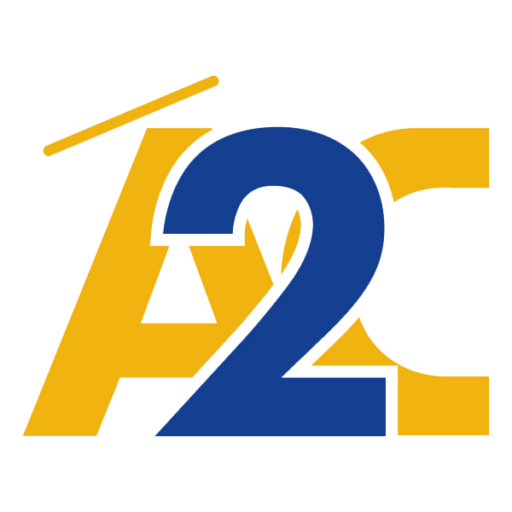In an era marked by rapidly developing industries and changing workforce dynamics, the traditional path of obtaining a college degree as a prerequisite for career success is being redefined. Today, individuals increasingly turn to alternative avenues that offer diverse opportunities for skill acquisition, career development, and personal growth. Embracing alternatives to college has emerged as a transformative gateway for those seeking to thrive in the modern professional landscape.
1. The Rise of Alternative Pathways: While valuable for many, traditional higher education is one of many routes to success. Alternative pathways such as vocational training, apprenticeships, online certifications, and boot camps provide accessible and practical options for acquiring in-demand skills. These alternatives often offer a more direct route to employment and enable individuals to tailor their learning experiences to specific career goals.
2. Cost-Effectiveness and Accessibility: Rising tuition costs and student debt burdens have led many to question the return on investment of a college education. Alternatives to college often present a more affordable option, with shorter durations and focused curricula that equip individuals with job-ready skills. Moreover, online platforms and remote learning opportunities have democratized access to education, allowing individuals from diverse backgrounds to pursue their career aspirations regardless of geographical constraints.
3. Industry Alignment and Skill Relevance: Traditional academic programs sometimes need help keeping pace with rapidly evolving industries and emerging technologies. Alternatives to college often boast close partnerships with industry leaders, ensuring that curricula are tailored to meet the demands of the job market. By focusing on practical skills and real-world applications, these alternatives empower individuals to stay ahead in dynamic fields, such as technology, healthcare, and entrepreneurship.
4. Flexibility and Lifelong Learning: In today’s fast-paced world, a linear career path is becoming obsolete. Alternatives to college emphasize flexibility and lifelong learning, enabling individuals to adapt to changing industry trends and pursue multiple career trajectories over their lifetime. Whether through online courses, part-time programs, or self-paced learning, these alternatives foster a culture of continuous skill development and professional growth.
5. Entrepreneurship and Innovation: Beyond traditional employment opportunities, alternatives to college foster an entrepreneurial mindset and encourage innovation. Entrepreneurship programs, incubators, and maker spaces allow individuals to turn their ideas into viable businesses, driving economic growth and societal impact. By nurturing creativity and problem-solving skills, these alternatives empower individuals to become catalysts for change in their communities and industries.
In conclusion, embracing alternatives to college represents a paradigm shift in how individuals approach education and career development. By prioritizing practical skills, industry alignment, and lifelong learning, these alternatives serve as a gateway to career transformation, offering diverse pathways for individuals to achieve their professional aspirations and make meaningful contributions to the world. Ready to take the next step toward a brighter future? Visit AlternativesToCollege.com today and unlock a world of possibilities. Empower yourself with the tools and resources to thrive in today’s dynamic job market. Your journey starts here. As the education landscape continues to evolve, embracing these alternatives will become increasingly essential in shaping the future of work and unlocking opportunities for success in the 21st century.

